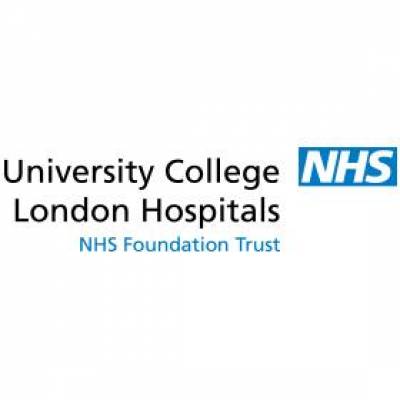
University College London (UCL)
UCL is the third-largest University in Europe and one of the top 10 universities in the world. The Centre for Clinical Microbiology (CCM) is a constituent research group in the Research Department of Infection within the Division of Infection and Immunity and has staff located both at the Royal Free Campus and the Cruciform building on the Bloomsbury Campus. The CIDIH, part of the CCM, was established in 1994 by Professor Zumla and has an exceptional track record in publications and securing funding for research in the field of infectious diseases, respiratory diseases including tuberculosis and diagnostics among others. The CIDIH has coordinated and collaborated in several EU funded projects previously and possesses all the expertise and equipment necessary to successfully complete the INHALE project.

University College London Hospital (UCLH)
University College London Hospitals (UCLH) is among the UK's leading hospitals and, in partnership with UCL, one of five NIHR comprehensive biomedical research centres. Its ICU is among the UK's largest (35 beds), providing consultant-led care for 2,500 patients annually. It provides tertiary healthcare for central London, with a diverse and fluid patient base, some of whom care highly resistant bacteria.

Great Ormond Street Hospital (GOSH)
Great Ormond Street Hospital is an international centre of excellence in healthcare for children. Together with UCL's Institute of Child Health, it forms the UK's only academic centre for biomedical research in paediatric disease, undertaking cutting-edge research. Its ICU, with 8 consultants, 12 beds and 10 cots, is among the largest for children in Europe, hosting 1,700 patients annually.

BUPA Cromwell Hospital (Private Healthcare)
The BUPA Cromwell Hospital is an internationally-renowned private hospital, with state-of- the-art facilities and a 7-bedded multipurpose clinical ICU. It serves an international clientele. As a result it regularly encounters types of resistant bacteria that are frequent in the Middle East but remain uncommon in NHS hospitals. Scrupulous infection control ensures that these do not spread.
 Close
Close









